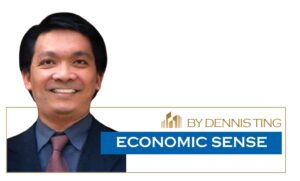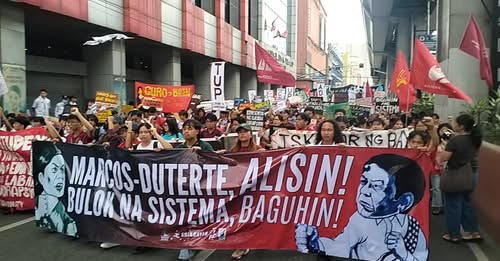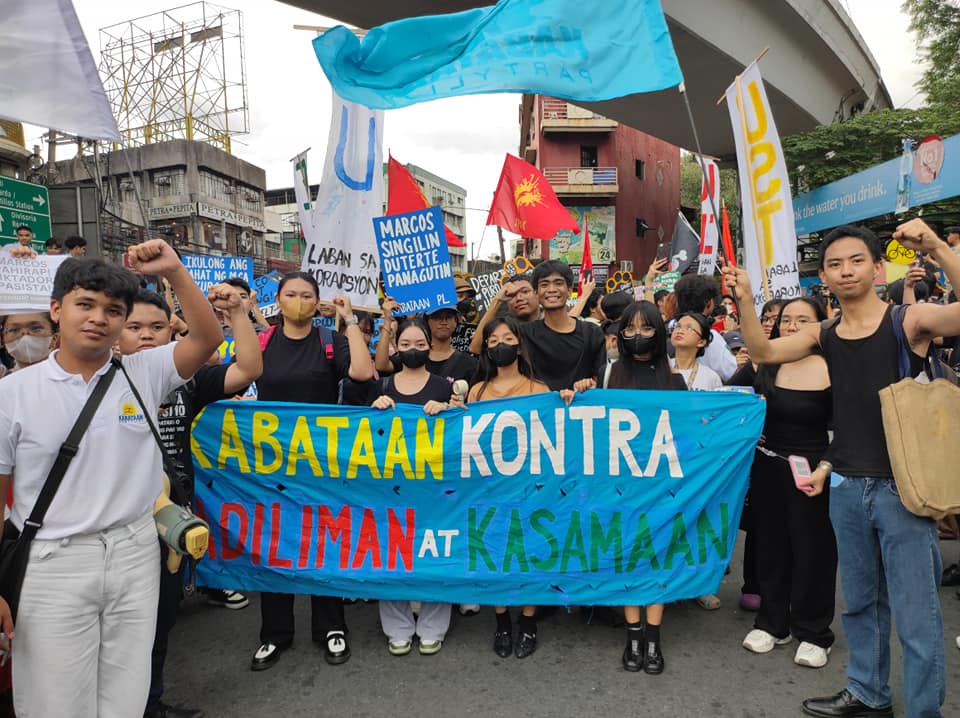A week before the third State-of-the-Nation Address (SONA), the Philippine Economic Zone Authority (PEZA) unwittingly became a party spoiler in what ought to be a celebration in Congress where the President would hail the Philippines, under his stewardship, as the fastest growing economy in Southeast Asia and second fastest in Asia.
PEZA released a statement where the investments promotion agency mentioned its approved investments in June 2024, which is Php8.65 billion worth of projects, is 73.4% lower than the P32.56 billion worth of investments approved in the same month last year.
In addition, for the first half of 2024, PEZA approved P45.48 billion worth of investments – 43.6% lower from the P80.59 billion worth of investments approved in the same period last year.
Similarly, foreign direct investments (FDI) inflows fell to 10-month low in April 2024, according to the Bangko Sentral ng Pilipinas (BSP). The BSP said FDI in the country plunged to $556 million in April 2024 – a 36.9% drop from $881 million in April of last year.
Pitching the Philippines as a soon-to-be leading investment hub in Asia has been the justification of the numerous foreign trips of the President, which has then become a defining feature of his administration.
The question therefore: What have been actualized from the close to 30 overseas trips of our “chief salesman,” as PBBM is called by lawmakers, in 24 months?
While we acknowledge the President’s efforts to promote the Philippines to foreign investors, much more needs to be done.
The country’s captain of industries, for one, propose 21 economic measures to materialize these investment pledges, which include reforms in governance, ease of doing business, skills development, infrastructure upgrade, among others.
For instance, in the area of governance, business wants transparency and accountability. The passage of the People’s Freedom of Information, which aims to provide a full public disclosure of government transactions, must be given priority.
To bolster the skills of the country’s workforce and make our youth competitive in the 21st century, we need to fast track the enactment of the Apprentice Program Reform and the Enterprise-Based Education and Training Framework Bill.
Additional measures include the Konektadong Pinoy Bill which aims to lower barriers and cost to entry for data service providers and bring down internet costs; and the Digital Payment Bill, which aims to accelerate the adoption of cashless payments for financial transactions in government and all merchants.
Improving investment environment indeed is an arduous task. Concrete reforms, such as the passage of legislative measures which may be divisive in some instances like the liberalization of the economic restrictions in the Constitution, are needed to drive economic growth and enhance global competitiveness that will lead to inclusive socioeconomic development.
—
Dennis Ting is a former director of the Department of Budget and Management.




